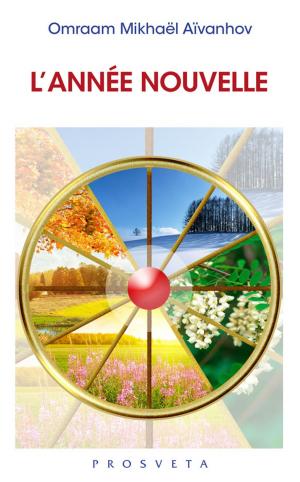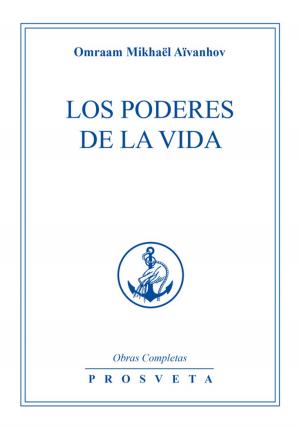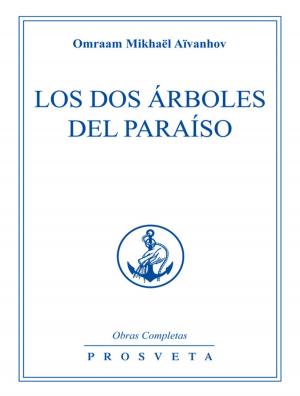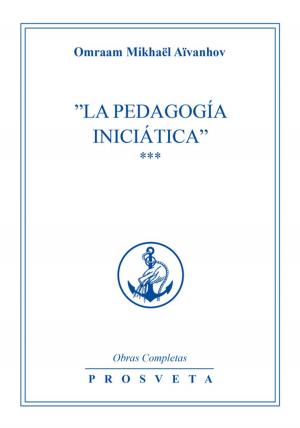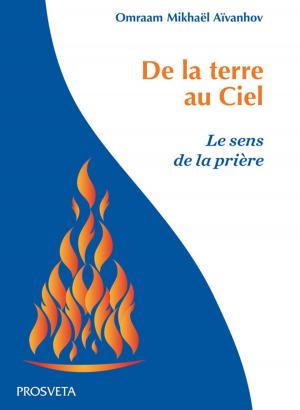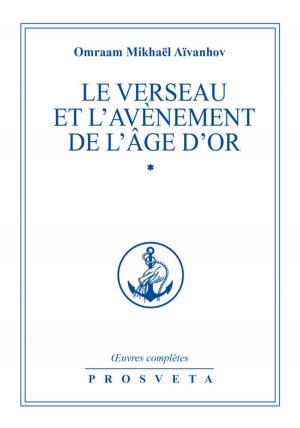The Symbolic Language of Geometrical Figures
Nonfiction, Religion & Spirituality, New Age, Health & Well Being, Self Help, Self Improvement| Author: | Omraam Mikhaël Aïvanhov | ISBN: | 9782818402597 |
| Publisher: | Editions Prosveta | Publication: | September 15, 2013 |
| Imprint: | Editions Prosveta | Language: | English |
| Author: | Omraam Mikhaël Aïvanhov |
| ISBN: | 9782818402597 |
| Publisher: | Editions Prosveta |
| Publication: | September 15, 2013 |
| Imprint: | Editions Prosveta |
| Language: | English |
‘From the earliest days of history, men have sought a language which would be both universal and synthetic, a language capable of expressing the richest and most complex realities while, at the same time, reducing them to the barest essentials. It is this research that led to the discovery of images and symbols. Images and symbols speak: they have their own language, but the absolute language of symbols is that of geometrical figures. Geometrical figures are, as it were, the framework or skeleton of reality but although they are reduced to the bare bones they are by no means dead, for they represent living realities in man and the universe. And this is why, in order to interpret them we have to breathe the life of the spirit into them: they will mean nothing to us if we are content to study them only as they occur outside ourselves.’
Omraam Mikhaël Aïvanhov
‘From the earliest days of history, men have sought a language which would be both universal and synthetic, a language capable of expressing the richest and most complex realities while, at the same time, reducing them to the barest essentials. It is this research that led to the discovery of images and symbols. Images and symbols speak: they have their own language, but the absolute language of symbols is that of geometrical figures. Geometrical figures are, as it were, the framework or skeleton of reality but although they are reduced to the bare bones they are by no means dead, for they represent living realities in man and the universe. And this is why, in order to interpret them we have to breathe the life of the spirit into them: they will mean nothing to us if we are content to study them only as they occur outside ourselves.’
Omraam Mikhaël Aïvanhov



